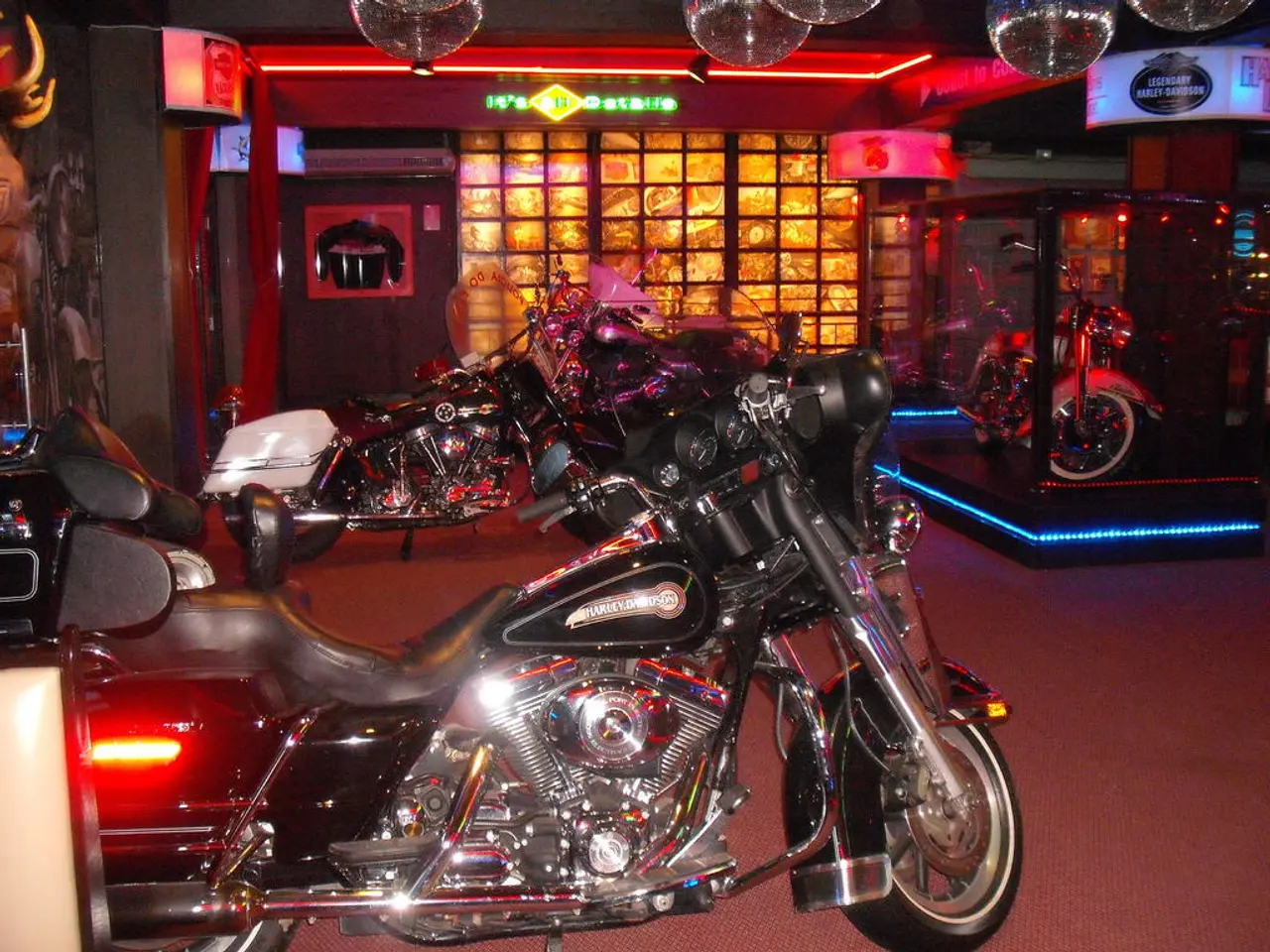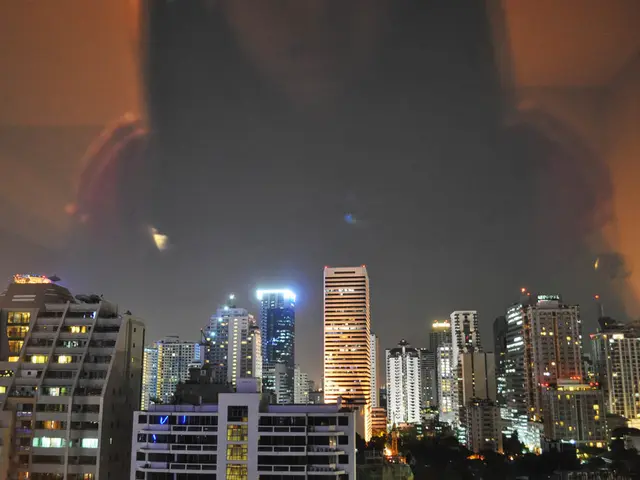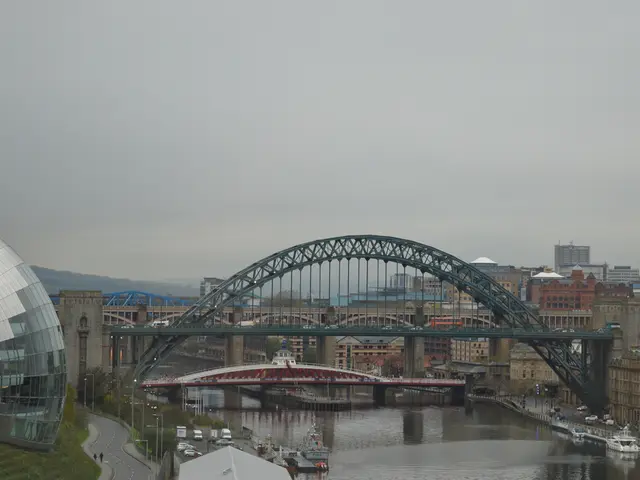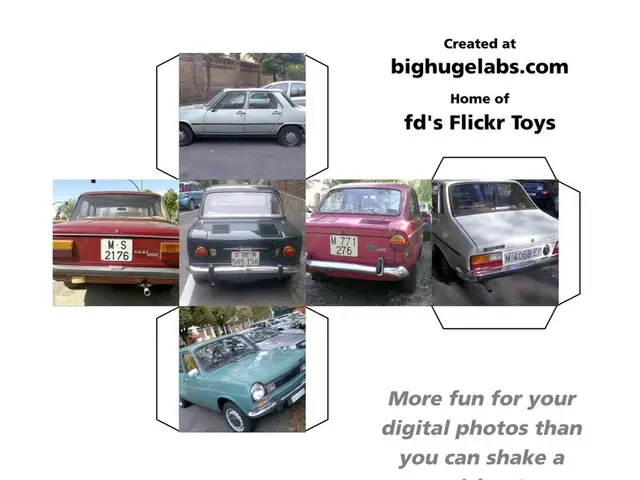Transformed Tuk-tuks of Thailand: From Smoke-filled to Zero-Emission Vehicles
In the bustling streets of Bangkok, a silent revolution is underway. The traditional noisy, polluting tuk-tuks are being replaced by their electric counterparts, marking a significant step towards sustainable development in Thailand and beyond.
The economic transition period for these electric tuk-tuks poses challenges for individual operators, requiring support systems to help navigate the transition successfully. However, the potential benefits are immense, not just for Thailand, but for Southeast Asian markets facing similar urban mobility challenges.
Thailand's electric tuk-tuk development has implications for the region, with potential for the country to export electric three-wheelers. These vehicles cater to different market segments, including tourist-focused operations that appeal to environmentally conscious travelers and local transportation that integrates with Bangkok's public transit network.
The tuk-tuk's journey from noisy polluter to clean urban connector reflects Thailand's own evolution towards sustainable development leadership in Southeast Asia. This evolution from two-stroke to electric powertrains symbolizes Thailand's broader transformation from a developing economy to a middle-income country prioritizing environmental quality and technological innovation.
Technical solutions developed for Bangkok's specific conditions, like high temperatures, heavy traffic, and frequent stops, are applicable to other tropical urban environments. Charging infrastructure for electric tuk-tuks in Bangkok is currently concentrated in central areas, limiting operational ranges for drivers serving outer areas. Expanding charging networks to support comprehensive city-wide coverage requires continued investment coordination between the public and private sectors.
Electric tuk-tuks in Bangkok have fewer moving parts, requiring no oil changes, and eliminating the need for timing belt, spark plug, and carburetor maintenance. Equipped with GPS tracking and digital payment systems, these vehicles could provide data supporting urban planning decisions, traffic management optimization, and transportation network development.
Operating costs for electric tuk-tuks in Thailand's energy market are lower and more predictable due to lower and stable electricity costs compared to gasoline or LPG prices. The success of electric three-wheeler programs in Bangkok could inform similar transitions in other vehicle categories and urban contexts, integrating with smart city initiatives.
Cities across the region, such as the Philippines and Indonesia, operate various forms of three-wheeled transportation, providing opportunities for Thailand's electric three-wheeler technology. However, driver training and familiarization with electric vehicle technology is another implementation challenge, as many tuk-tuk operators have limited exposure to electric powertrains.
The company leading the electric tuk-tuk revolution in Bangkok, having deployed over 600 electric tuk-tuks across 12 districts by 2024, is not directly named in the provided search results. Yet, the impact of these silent, clean vehicles on Bangkok's busy streets is undeniable. They signal not just cleaner air, but a fundamental shift in how Thailand approaches the balance between economic necessity and environmental responsibility.
Read also:
- Musk threatens Apple with litigation amidst increasing conflict surrounding Altman's OpenAI endeavor
- Transitioning to Electric Vehicles Places Heavy Demand on Power Grids
- E-mobility continues its progress after a decade since the scandal, staying on course
- The Commission deems the assistance program to be in agreement with the domestic market regulations.








